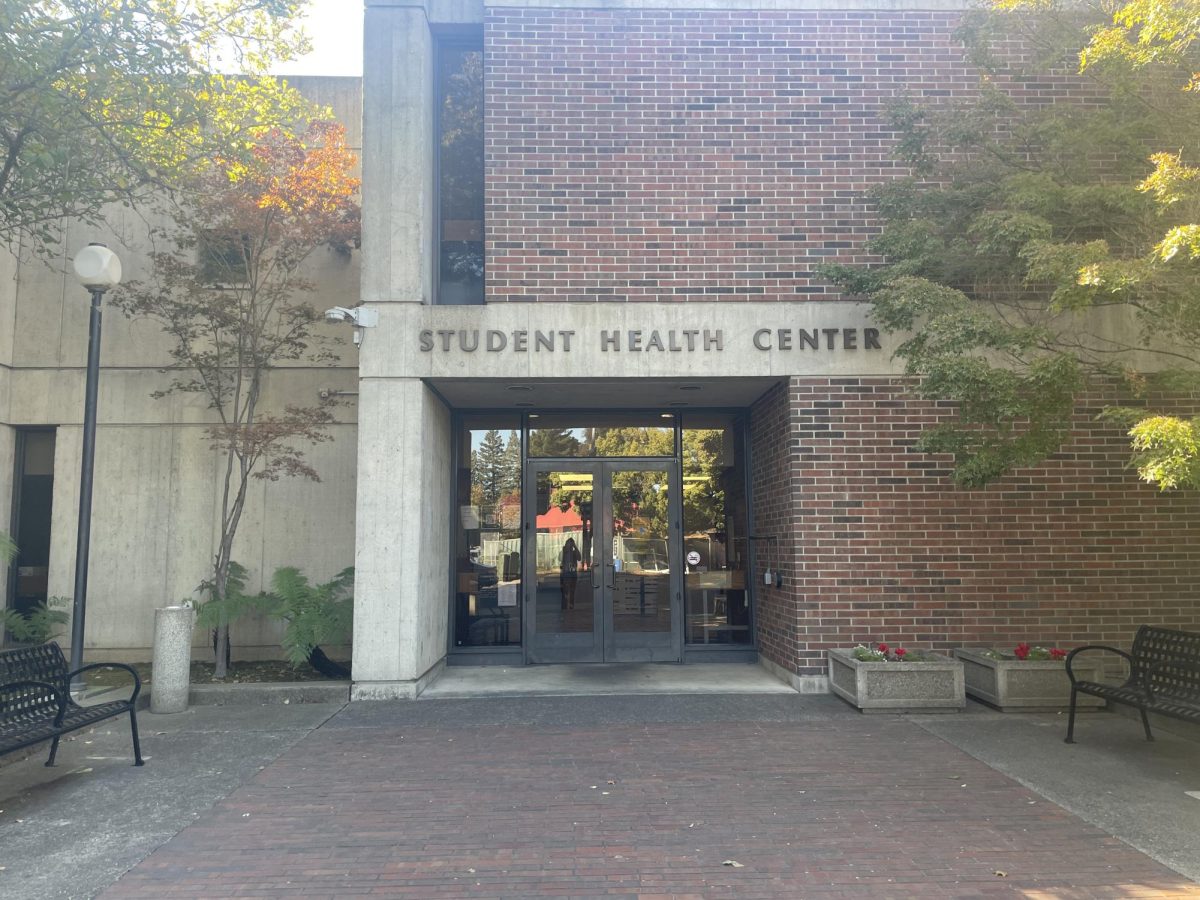I have the worst luck when it comes to computer viruses. In the four years I’ve had my laptop, I’ve managed to catch about seven of them, which is seven more than I ever wanted.
Computer viruses really are a pain. Why would somebody cause damage and waste the time of a person they’ve never even met? Because they want to feel powerful? Let’s see how much that power helps virus makers when they’re put in prison.
It’s really a hassle for students because so much of our work today is done on computers. Unfortunately, professors don’t accept “I caught a really bad computer virus” as a valid excuse for not turning an assignment in. Because I don’t want to see anybody stuck in a situation like that, I’d like to help my fellow students know how to prevent potential viruses. Trust me, I know this stuff.
First, make sure you have really good antivirus software (i.e., not McAffee. I’ve found a lot of viruses manage to work around the software), and keep it up to date. Secondly, be very careful which sites you visit. Don’t click any suspicious links in your emails and be wary of clicking on sites whose domain names don’t end in “.com,” “.org,” “.gov,” or any of the other popular top-level domains.
If you’ve used sites without any problems, continue using them, but the second you start seeing virus warnings is the second you should stop using those sites. Also, take note of Google search results with text that says “This site may harm your computer.”
If you do get a virus, make sure you recognize it. Most viruses try to pose as antivirus software telling you your computer is damaged and you can fix it by sending money. If they ask you to send money, it’s a scam.
Clicking out of the pop-up only makes things worse, as it tends to manifest itself deeper into your RAM. The safest thing to do is shut down your computer and enter Safe Mode, if you’re using a P.C. (Mac users, feel free to comment below what you do to prevent viruses. Yes, despite what Apple says, you do get them too.)
Once in Safe Mode, try to access a program called “Backup and Restore Center” and click on “System Restore.” It may take a while to get it to work, but it’s fixed my computer every single time. The faster you can bring your computer’s settings back to before you got the virus, the less stressed you’ll be.
Computer viruses will likely be a problem for a long time, so it’s important to know what to do to keep them off your computer. I’ve found the above process works well for me, but others may have different methods to avoiding them. If you have any other steps to preventing computer viruses, I’d love to know about them. In the meantime, I’m glad to have helped.
Nick Sestanovich can be reached at [email protected].








